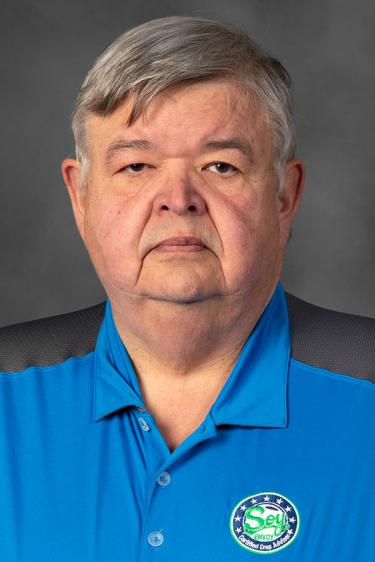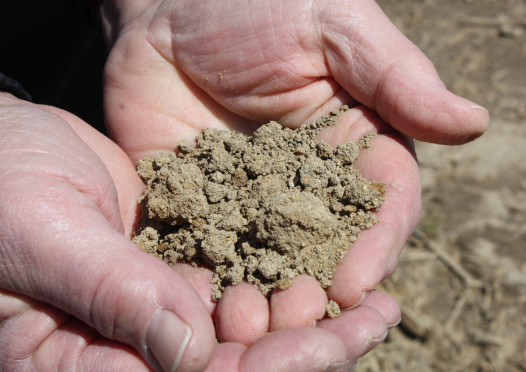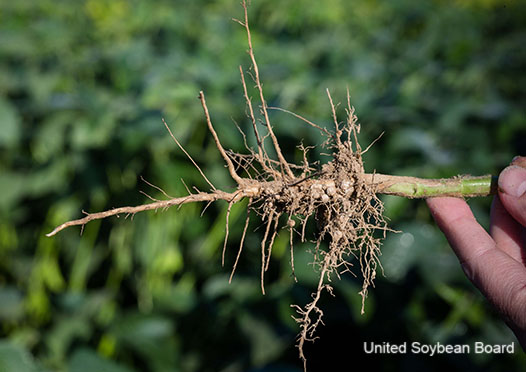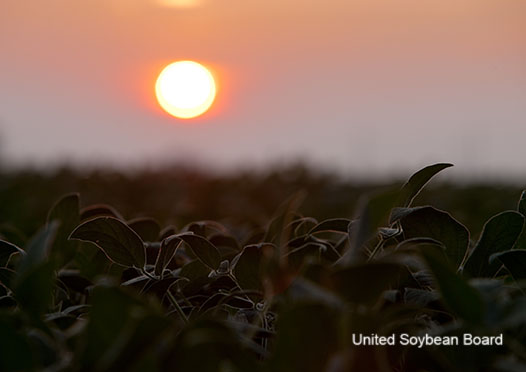ILSOYADVISOR POST
Potassium and Soybean Production
Having spent my time as a CCA Soy Envoy writing about micronutrients, sulfur, nitrogen and phosphorus, it seems appropriate to close out the year focusing on potassium. Of the plant nutrients, potassium is part of the big 3—nitrogen, phosphorous and potassium (NPK). When I run soil tests in my area potassium is the most likely to be low, although some soils I work with can be high and stay high.
Potassium helps plants withstand drought damage. It is also credited with general plant health and preventing lodging. Potassium helps the plant produce starch and transform sugars. This nutrient is also essential for photosynthesis. Potassium deficiency is characterized by yellowing and then tissue death starting at the edges of leaves in both corn and soybeans. This Iowa State University Bulletin has more information on potassium deficiencies. They go into some explanation of causes of potassium deficiencies other than low soil test.

deficiency. Photo by Dave Rahe.
In past years, we have seen some drought-induced deficiencies in fields. Fields with good potassium levels to begin with seem to resist that deficiency better. We also thought we saw some compaction-induced deficiencies because of working and planting in wet soil conditions this spring. Several years ago, University of Illinois (UIUC) researchers hypothesized that we do not need potassium fertilizer. Research from other credible sources including the International Plant Nutrition Institute has called the researchers’ premise into question and disproved some of their findings. Emerson Nafziger, Ph.D., also argues for potassium fertilizer in this article.
Potassium is common in our Illinois soils because it is present in the crystal lattice of a prevalent clay mineral, illite. The nutrient seems to move in and out of the lattice depending on moisture. This makes potassium soil testing imperfect, but it is all we have to establish a scientific basis for determining fertility needs.
One reason that we test soils more often than the university recommendation is that it helps us keep better track of potassium. It has been my experience that crops do respond to potassium when soil test levels are below 230 pounds per acres. Ideal levels are considered to be 300 to 400 pounds per acre in Illinois. Potassium is critical to help weather a drought. Levels need to be high because availability goes down when soil is dry.
We do have clients with soils that have not needed potassium fertilizer in twenty years or more. These growers haven’t had any apparent yield loss and the test levels remain high. We also have clients who have low potassium test levels who have benefited from potassium fertilizer.
One of my clients raised 80 bu/A wheat a few years ago after increasing his potassium fertilizer on that field. We do find that potassium levels sometimes remain low for several years as we attempt to build the nutrient up. We will then have a sudden and unexpected rise in soil test potassium. I will sometimes suggest 100 pounds per acre of potassium fertilizer to prevent wild swings in soil test levels even though soil tests would seem to indicate we can skip a year.
Iowa State University has endorsed a moist soil test where they do not let the soil dry down. I have no problem with using the moist test, but we continue to use the Mehlich 3 extraction. I am not ready to give up on potassium testing even knowing the limitations of the test. We are going to continue to test frequently and recommend potassium fertilizer on soils that have low soil test levels, making adjustments as needed





Comments
Add new comment